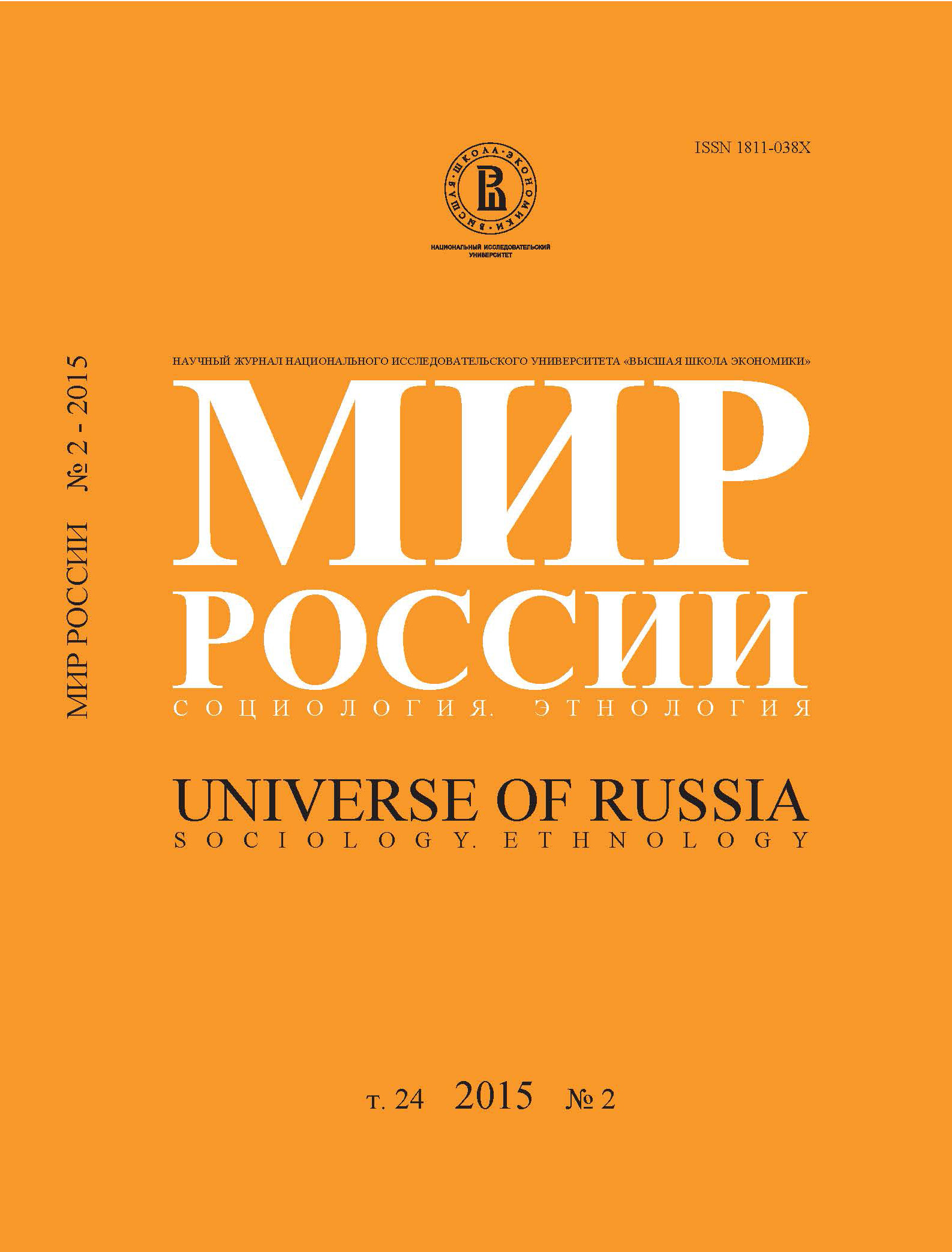Eurasian Integration as a Response to Neo-Liberal Globalisation
Abstract
David Lane — Academician of the British Academy of Social Sciences, Emeritus Reader in Sociology and an Emeritus Fellow, Emmanuel College at Cambridge University. Address: Department of Sociology, Free School Lane, Cambridge CB2 3RQ, United Kingdom. E-mail: dsl10@cam.ac.uk
The neo-liberal globalised system has led to the breakdown of state borders allowing the market to flourish and consequently nation-states have lost power. The central European post-socialist new member states of the European Union have lost sovereign power as they are bound to the European Union by its comprehensive conditions.
The Eurasian Union (initially formed by Russia, Kazakhstan and Belarus) favours a capitalist form of economy which is part of the world economic system. It seeks to reverse in many ways the effects of globalisation, particularly to ensure the sovereignty of the nation state. The objective is to achieve these goals by forming regional blocs.
The New Regionalism approach, developed in Western political studies, regards regions as the successors to nation states. To be successful they require not only an economic basis but also forms of cultural identification and political and social linkages. The proposed Eurasian Union combines such cultural, political and social components, and fits very firmly into this framework.
This article dwells on the possible prospects for the Eurasian Union in the context of scepticism expressed by many scholars and commentators, and on similar historical precedents, such as European Economic Community (the predecessor of European Union) and the British Commonwealth. It concludes that in order to make a viable alternative economic regional bloc, cooperation with China and other BRICS countries would be essential for the Eurasian Union. Only then it could legitimate a different state system and more collectivist traditional values including those developed under the Russian and Soviet past. Such developments would provide the basis for a more pluralist and multi-polar world. It would be a capitalist alternative—organised national capitalism.






